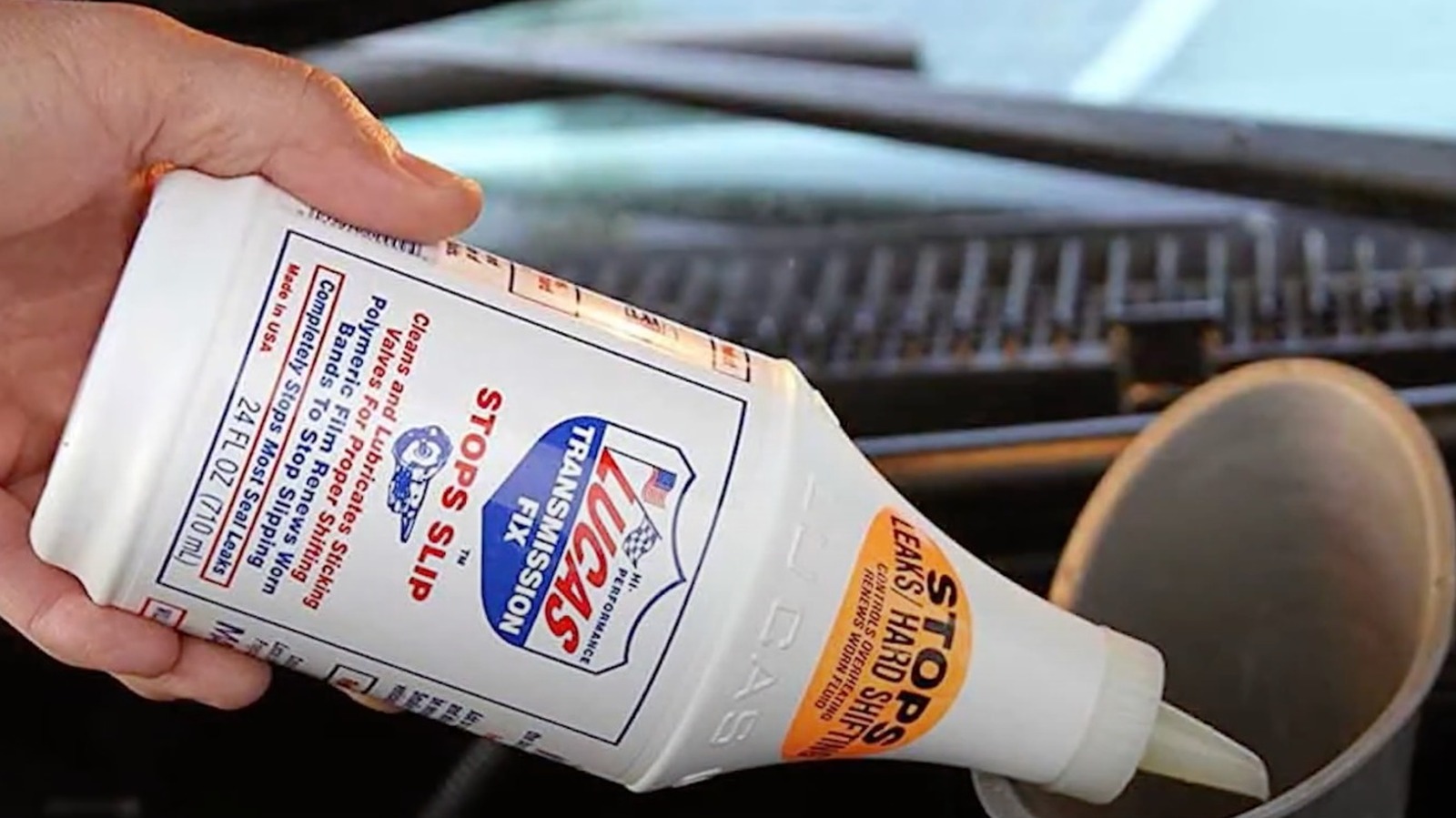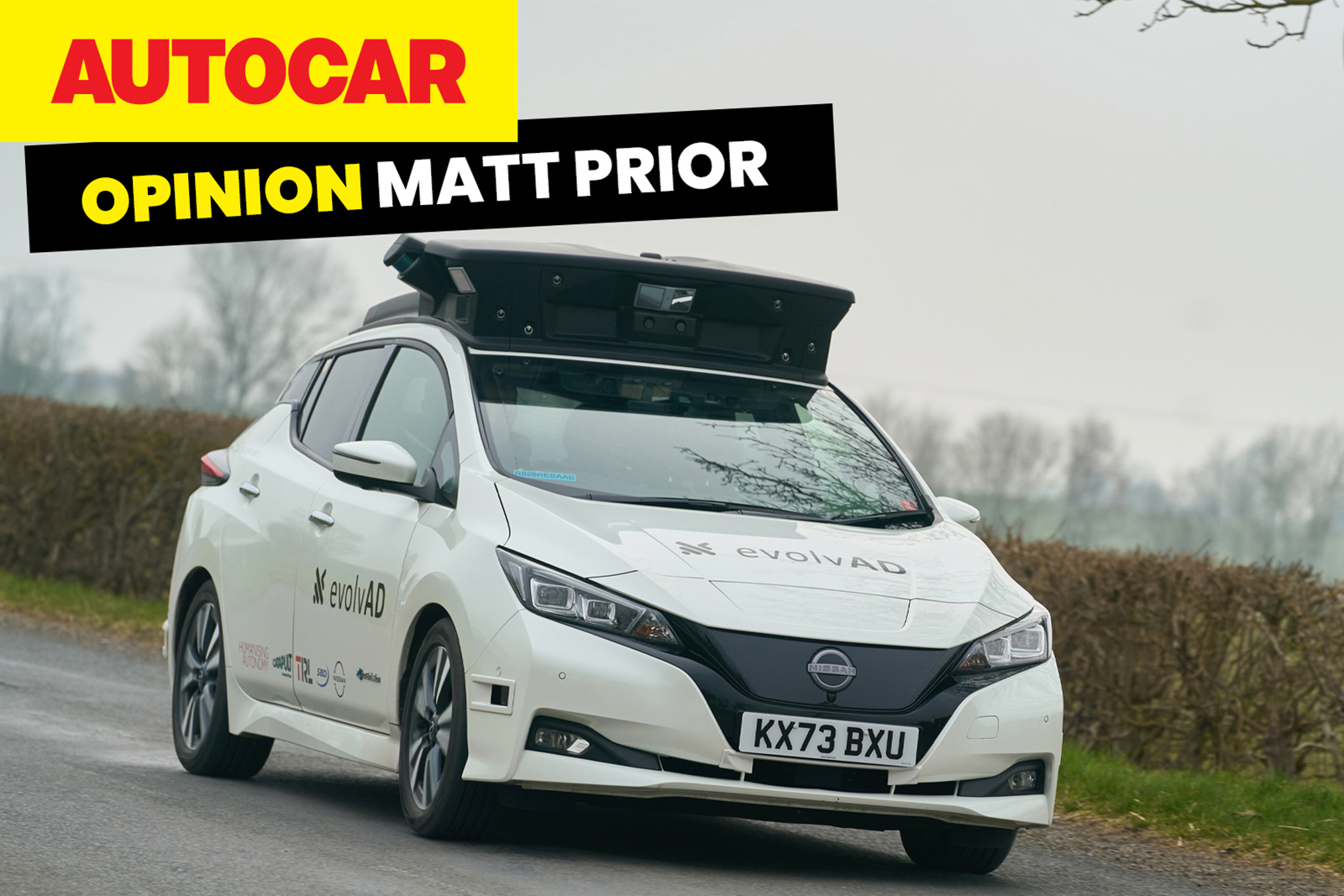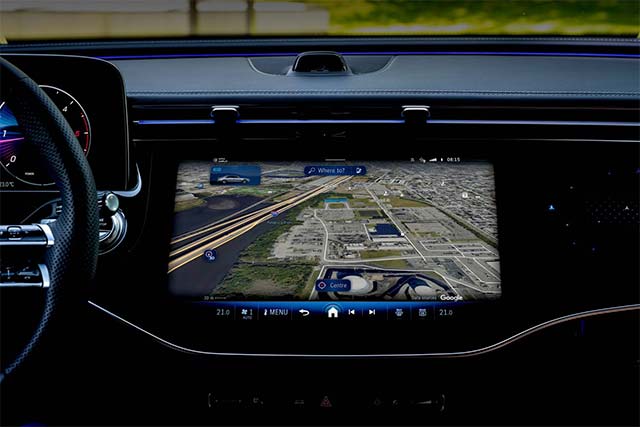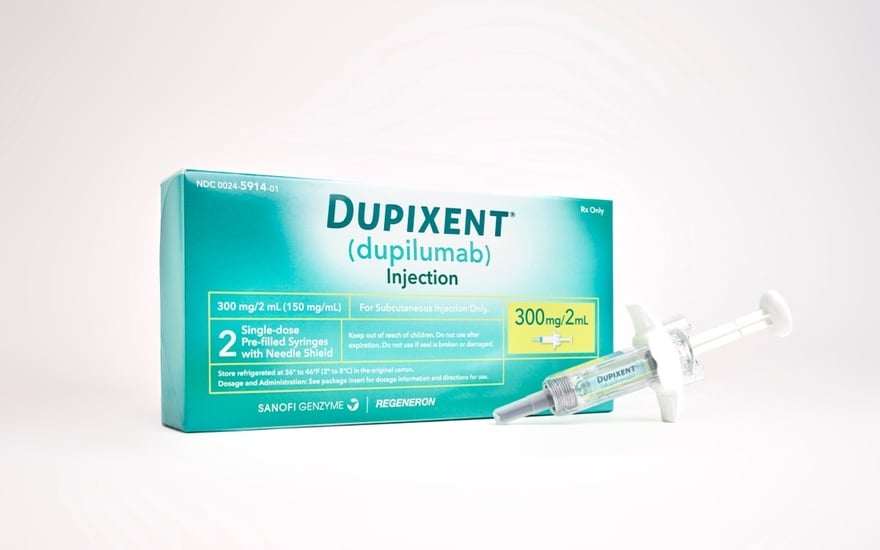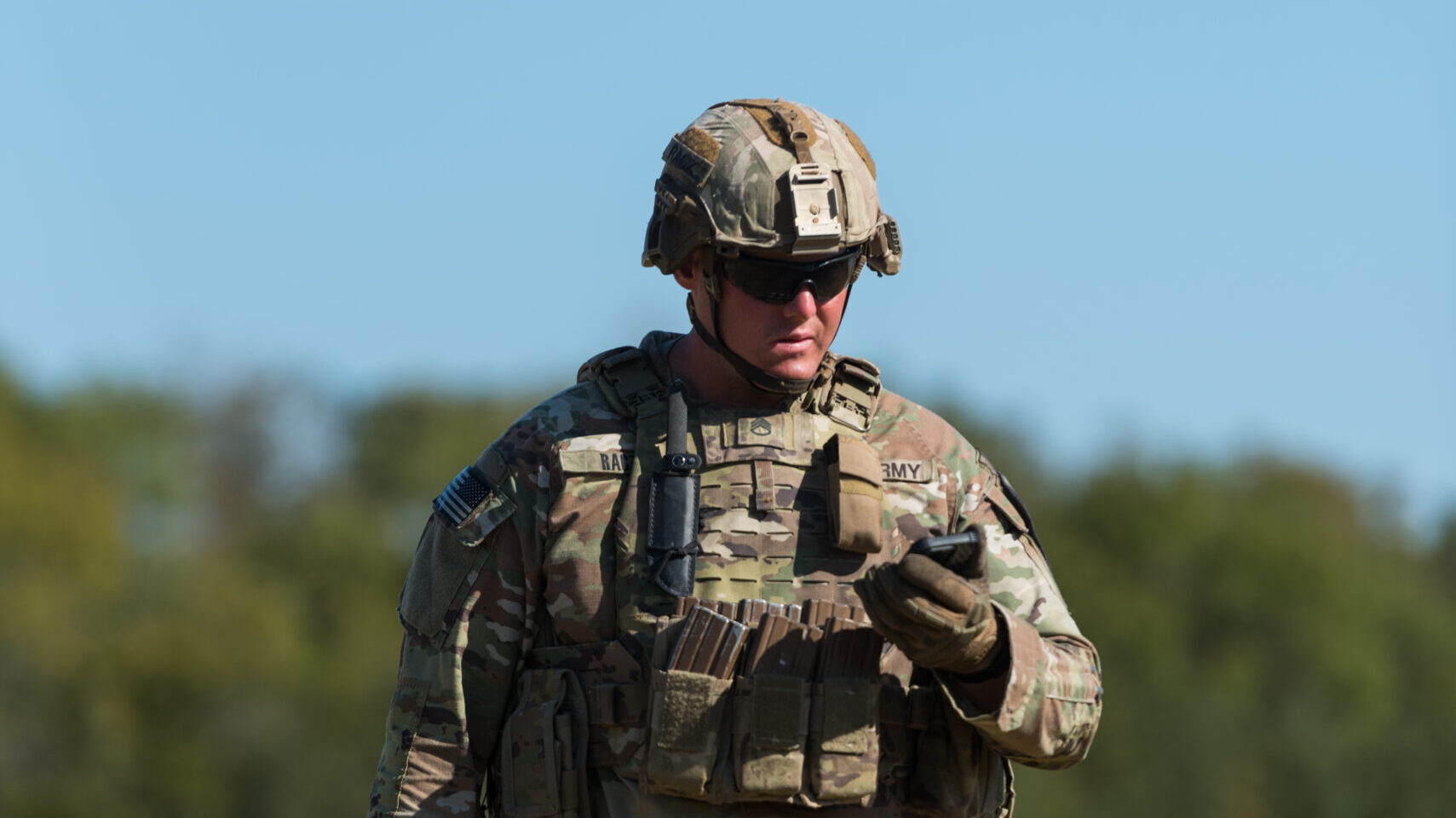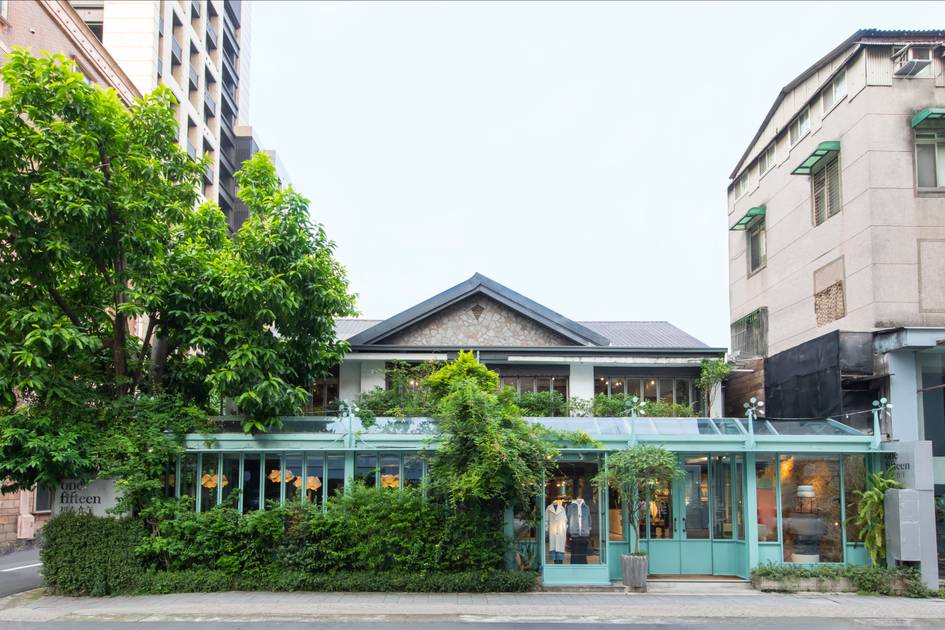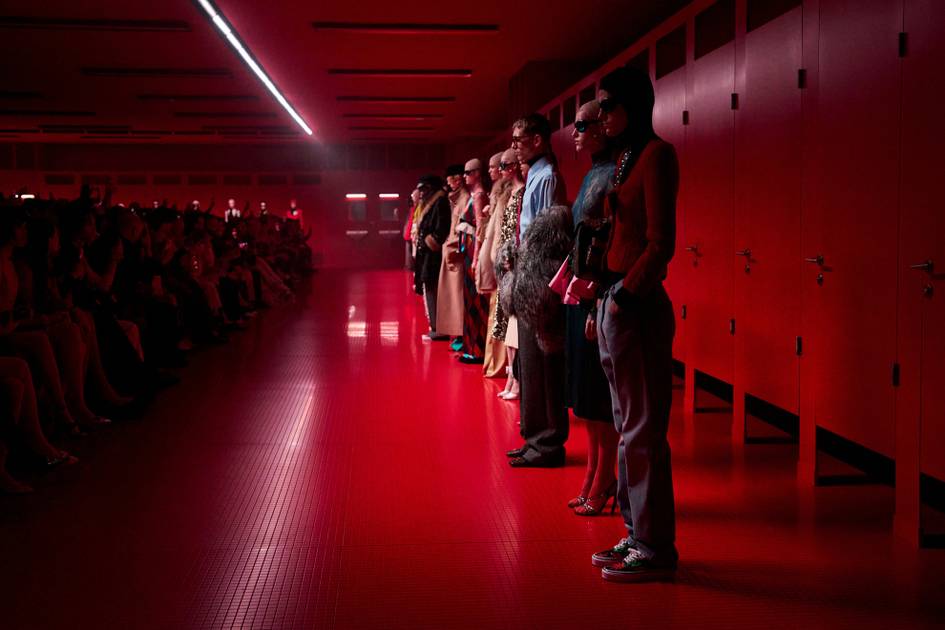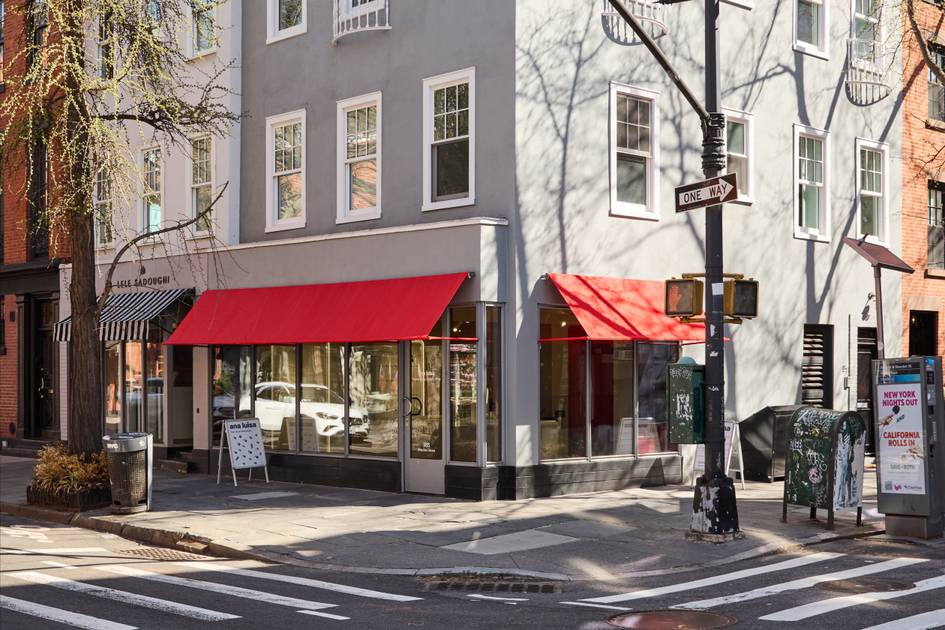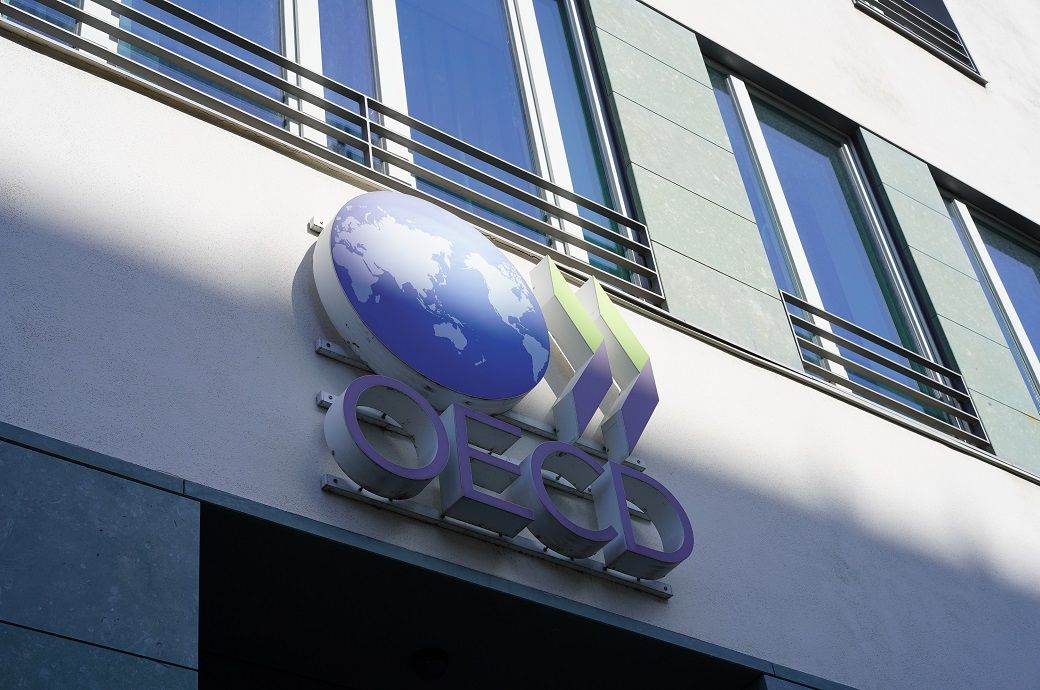Retail crime: How Tesco, Primark and more are making shopfloors safer
According to the BRC, retailers are spending a record high of £1.8m on prevention measures as they take tackling retail crime into their own hands. Retail Gazette takes a look at what measures have been introduced.
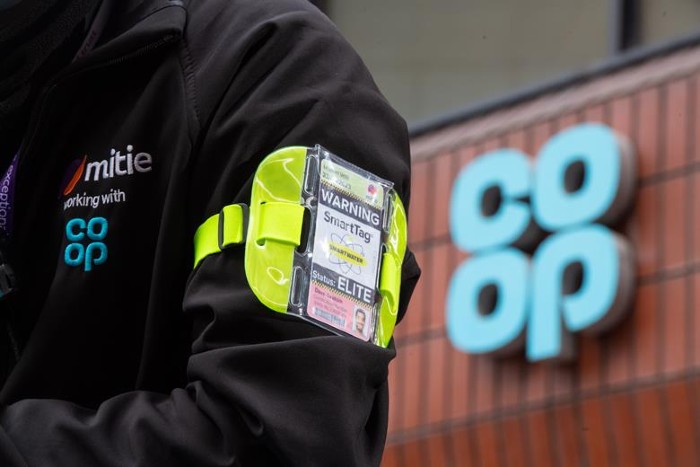
Labour’s highly anticipated Crime and Policing Bill, which includes tougher laws on retail crime, was put before Parliament this week.
The bill, which was welcomed by retailers across the sector, contains over 50 measures including stricter penalties for shoplifting of items under £200 and making it a new offence to assault a shop worker.
The highly-anticipated bill comes as the British Retail Consortium warned last month that retail crime was “spiralling out of control”.
There were 20 million cases of retail theft were reported in the year to the end of August, costing the sector an eye-watering £2.2bn.
According to the trade body, retailers are also spending a record high of £1.8bn on prevention measures as they take tackling retail crime into their own hands.
Retail Gazette takes a look at what measures have been introduced across eight different retailers.
Tesco

Tesco has stepped up its fight against the rise in retail crime by launching its own new high-tech security hub.
The grocery giant has invested millions of pounds into a 24/7 security centre based in Daventry, Northamptonshire, where a team of experts examine thousands of hours of CCTV footage.
The operators are tasked with monitoring specific groups of shops around the UK to find criminals targeting the supermarkets, with findings shared with local police forces.
It comes alongside other measures Tesco has introduced to protect staff, including installing protective screens and giving workers body cameras.
The grocer also introduced 4ft-high smoke machines in some of its Express stores last June, which floods the shop floor with dense fog if its motion sensors are activated to prevent people from stealing goods outside of opening hours.
Poundland
 Poundland kickstarted the year by launching its ‘Against Retail Crime’ initiative.
Poundland kickstarted the year by launching its ‘Against Retail Crime’ initiative.
The value retailer made its “largest-ever investment into anti-theft technology and security” to address the growing issues of shop theft, abuse, and harassment faced by its employees.
Poundland introduced anti-theft technology and communication headsets for its staff across its 800-plus stores, as well as allowed its contracted security teams to detain suspected offenders in-store and ensuring local police pursue prosecution for every case of retail crime.
The retailer is also working closely with local enforcement agencies, providing support from undercover officers and sharing CCTV footage to assist with prosecutions.
Poundland has since reported an 11% decrease in incidents of violence against staff, along with a marked reduction in shoplifting and theft following the rollout of Motorola Solutions’ VT100 body camera in stores with the highest number of retail crime incidents.
Co-op

Co-op revealed last September that leakage costs from theft and fraud had rocketed 19% to £39.5m for the first half of the year.
The convenience store giant spent more than £18m on security measures last year to protect its store staff, including rolling out body-worn cameras and fortified kiosks.
Staff with body-worn cameras record real time audio and visual footage, which is then sent directly to Co-op’s Security Operation centre.
The investment also included new AI technology in 14 of its stores to detect if someone has left without paying for an item, or whether someone has entered with a concealed weapon. The camera detects behaviours and follows products.
Co-op uses non-covert and covert security guards, which have been specially trained to detain criminals. The retailer said it had seen “significant improvements” in police attendance since the introduction of the Retail Crime Action Plan.
It also uses dummy packaging in stores to deter theft and uses DeterTech (SmartWater) forensic technologies in ATMs and in sprays provided to security guards.
Sainsbury’s

One of Sainsbury’s more controversial measures against shoplifting was the introduction of barriers in some of its stores at the start of last year requiring customers to scan their receipts to exit the store.
The new security gates are just one of the approaches the grocery giant has taken to combat the rise in shoplifting and violence against store staff.
Sainsbury’s has provided body worn cameras for staff across all its supermarkets and increased the number of security officers in store.
The retailer has also installed a wide range of security solutions including CCTV linked to its centralised Security Operations Centre. The grocer’s security teams also regularly run in-store trials of new controls and technology.
Sainsbury’s is completing the rollout of body-worn cameras for colleagues across all of its Argos stores, as well as installing fogging systems into its convenience branches.
JD Sports
Click here to sign up to Retail Gazette‘s free daily email newsletter










